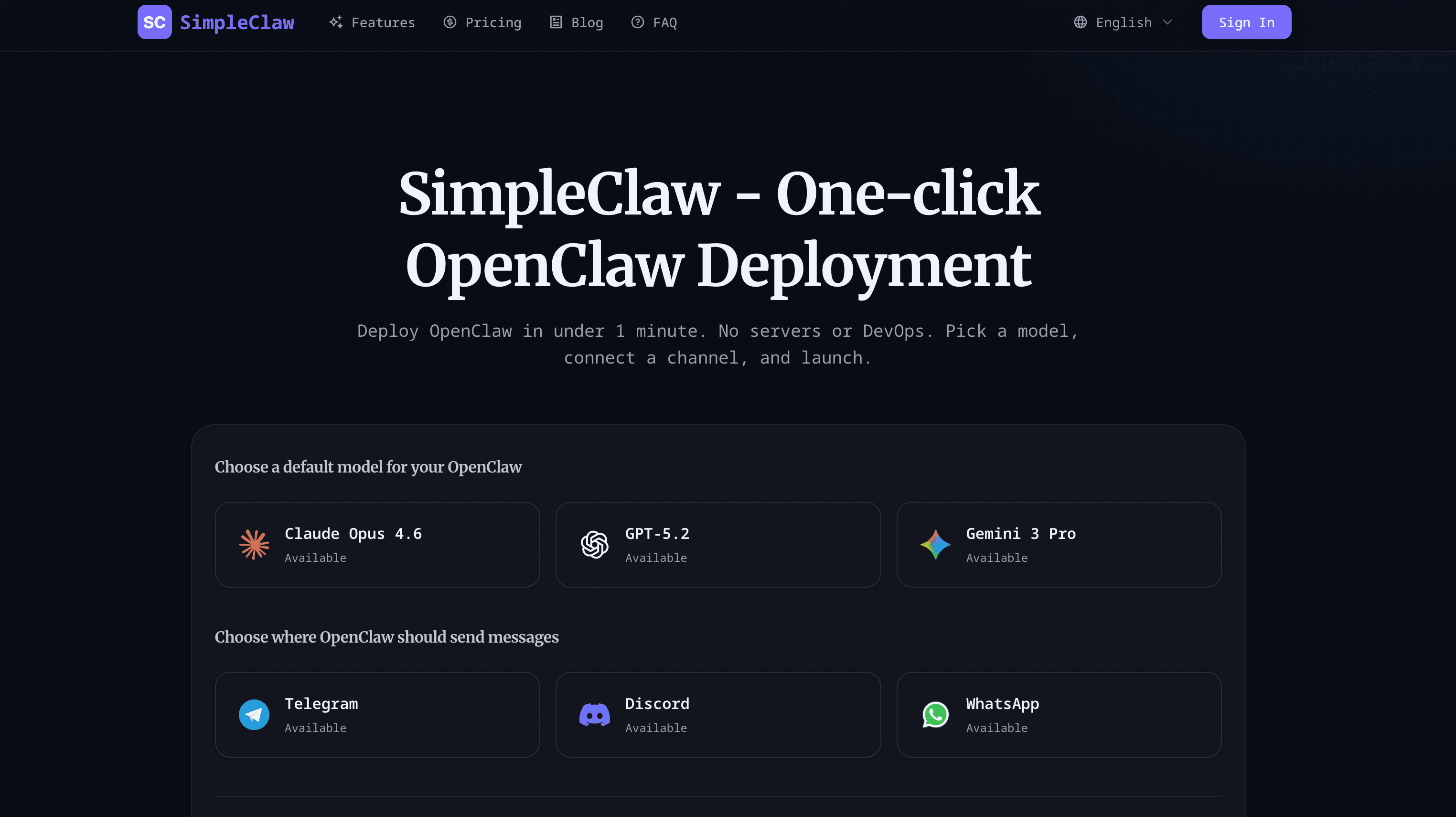AWS Cognito vs. Lucia Auth
AWS Cognito
Amazon Cognito is an identity platform for web and mobile apps. It’s a user directory, an authentication server, and an authorization service for OAuth 2.0 access tokens and AWS credentials. With Amazon Cognito, you can authenticate and authorize users from the built-in user directory, from your enterprise directory, and from consumer identity providers like Google and Facebook.
Lucia Auth
Lucia is an open source auth library that abstracts away the complexity of handling sessions. It works with any JS runtime - Node.js, Bun, Deno, Cloudflare Workers. It's also fully typed. It integrates with MongoDB. PostgreSQL, MySQL, SQLite, and with their respective ORMs and query builders.
Reviews
Reviews
| Item | Votes | Upvote |
|---|---|---|
| No pros yet, would you like to add one? | ||
| Item | Votes | Upvote |
|---|---|---|
| No cons yet, would you like to add one? | ||
| Item | Votes | Upvote |
|---|---|---|
| Open source | 1 | |
| Fully typed | 1 | |
| Work with any JS runtime | 1 |
| Item | Votes | Upvote |
|---|---|---|
| No cons yet, would you like to add one? | ||
Frequently Asked Questions
AWS Cognito and Lucia Auth serve different needs in user authentication. AWS Cognito is a comprehensive identity platform that offers user directories, authentication, and authorization services, and is integrated with AWS services. It supports multiple identity providers like Google and Facebook. On the other hand, Lucia Auth is an open-source library that simplifies session handling and works with various JS runtimes such as Node.js, Bun, and Deno. It is fully typed and integrates with multiple databases like MongoDB, PostgreSQL, MySQL, and SQLite. If you need a robust, cloud-integrated solution with multiple identity provider support, AWS Cognito may be better. However, if you prefer an open-source, developer-friendly library that is highly flexible and works across different JS runtimes, Lucia Auth could be the better choice.
Amazon Cognito is an identity platform for web and mobile apps. It serves as a user directory, an authentication server, and an authorization service for OAuth 2.0 access tokens and AWS credentials. With Amazon Cognito, you can authenticate and authorize users from the built-in user directory, from your enterprise directory, and from consumer identity providers like Google and Facebook.
Pros of AWS Cognito include its generous free tier, low price per monthly active user, and strong integration with the AWS ecosystem. These features make it a cost-effective and scalable solution for user authentication. However, some users may find the setup and configuration complex if they are not familiar with AWS services.
AWS Cognito can handle authentication from the built-in user directory, enterprise directories, and consumer identity providers like Google and Facebook. This makes it versatile for different types of applications and user bases.
Yes, AWS Cognito is suitable for large-scale applications due to its scalability and integration with the AWS ecosystem. It can handle a high number of users and provides features like multi-factor authentication and encryption for added security.
Yes, AWS Cognito integrates seamlessly with other AWS services such as AWS Lambda, Amazon API Gateway, and Amazon S3. This allows developers to build comprehensive solutions with secure user authentication and data management.
Lucia Auth is an open-source authentication library designed to simplify session management. It supports various JavaScript runtimes, including Node.js, Bun, Deno, and Cloudflare Workers, and is fully typed. The library integrates with databases such as MongoDB, PostgreSQL, MySQL, and SQLite, as well as their respective ORMs and query builders.
Pros of using Lucia Auth include being open source, fully typed, and its compatibility with any JavaScript runtime. As of now, there are no user-generated cons listed for Lucia Auth.




















